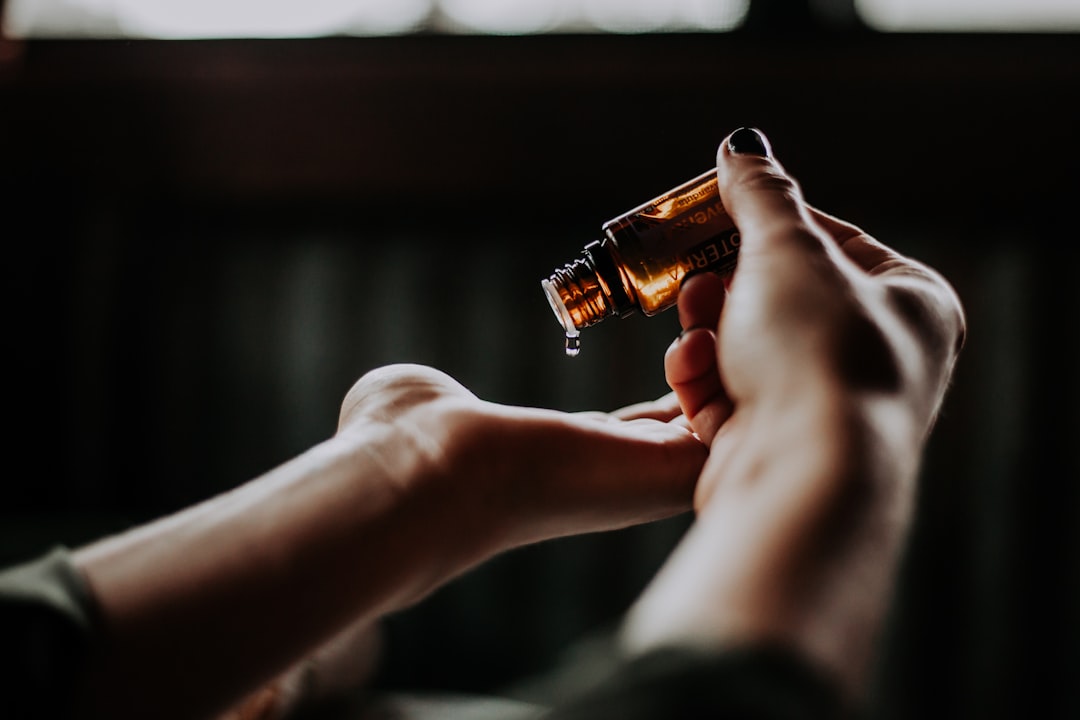Professional boundary maintenance is crucial in massage therapy to prevent abuse, especially in Cleveland, Ohio, where legal consequences for therapists are severe. Training helps therapists set and respect physical, emotional, and sexual boundaries, manage client consent, and respond to crossed limits, safeguarding clients from harm and protecting therapists' licenses. Regular education with role-play, legal insights from massage abuse attorneys Cleveland OH, case studies, and discussions ensure professional, safe, and respectful therapeutic environments.
In the vibrant and bustling city of Cleveland, Ohio, ensuring professional boundary maintenance in massage therapy is paramount. This critical aspect of patient care not only fosters trust but also safeguards both therapists and clients from potential legal issues. With growing awareness of massage abuse cases involving massage abuse attorneys in Cleveland OH highlighting the need for stringent boundaries, effective training becomes instrumental. This article explores strategies to empower local massage therapists with the knowledge needed to navigate professional boundaries successfully.
Understanding Professional Boundary Maintenance in Massage Therapy

Professional boundary maintenance is a critical aspect of massage therapy that involves establishing and respecting clear lines between the therapist and client. This involves creating an environment where clients feel safe, respected, and comfortable, while also preventing any form of inappropriate behavior or massage abuse. In the context of Cleveland OH, where there have been instances of massage abuse involving attorneys and other professionals, understanding and adhering to strict boundary guidelines is essential.
Massage therapists must be adept at setting personal boundaries, communicating openly with clients, and recognizing when professional limits are crossed. This includes maintaining physical, emotional, and sexual boundaries, ensuring informed consent throughout the session, and being vigilant about any signs of discomfort or unease from the client. Training in boundary maintenance equips therapists with the skills to foster a therapeutic environment that prioritizes the well-being and autonomy of every client.
Legal Implications of Massage Abuse: A Cleveland OH Perspective

Massage therapy, a practice meant to promote relaxation and healing, can unfortunately be exploited in cases of abuse if proper professional boundary maintenance isn’t observed. In Cleveland, Ohio, where the industry is regulated by the Ohio Board of Massage Therapy, therapists face legal implications if found guilty of misconduct, including sexual harassment or assault. With an increasing awareness of patient rights, massage abuse attorneys in Cleveland OH are more readily available to protect victims and enforce laws that ensure a safe therapeutic environment.
The consequences for massage therapists who violate boundaries can be severe, potentially leading to loss of license, lawsuits, and permanent damage to their reputation. It’s crucial for Cleveland massage therapists to understand not just the ethical but also the legal dimensions of boundary maintenance to safeguard themselves and their clients from potential abuse.
Effective Training Strategies for Cleveland Massage Therapists on Boundaries

Effective training strategies for Cleveland massage therapists on boundary maintenance are crucial to prevent massage abuse and ensure a safe, respectful environment for both clients and practitioners. Interactive workshops that role-play various scenarios can help therapists learn to recognize and respond appropriately to boundaries being crossed. These sessions should cover topics like understanding consent, recognizing non-verbal cues, and establishing clear communication about personal space and touch.
Additionally, inviting massage abuse attorneys from Cleveland OH to share their expertise can provide therapists with valuable insights into legal aspects of boundary violations. Case studies and discussions on ethical dilemmas can further enhance the training, fostering a culture of professionalism and accountability among practitioners. Regular refresher courses and ongoing education are essential to keep boundaries top-of-mind and ensure the highest standards of care.



